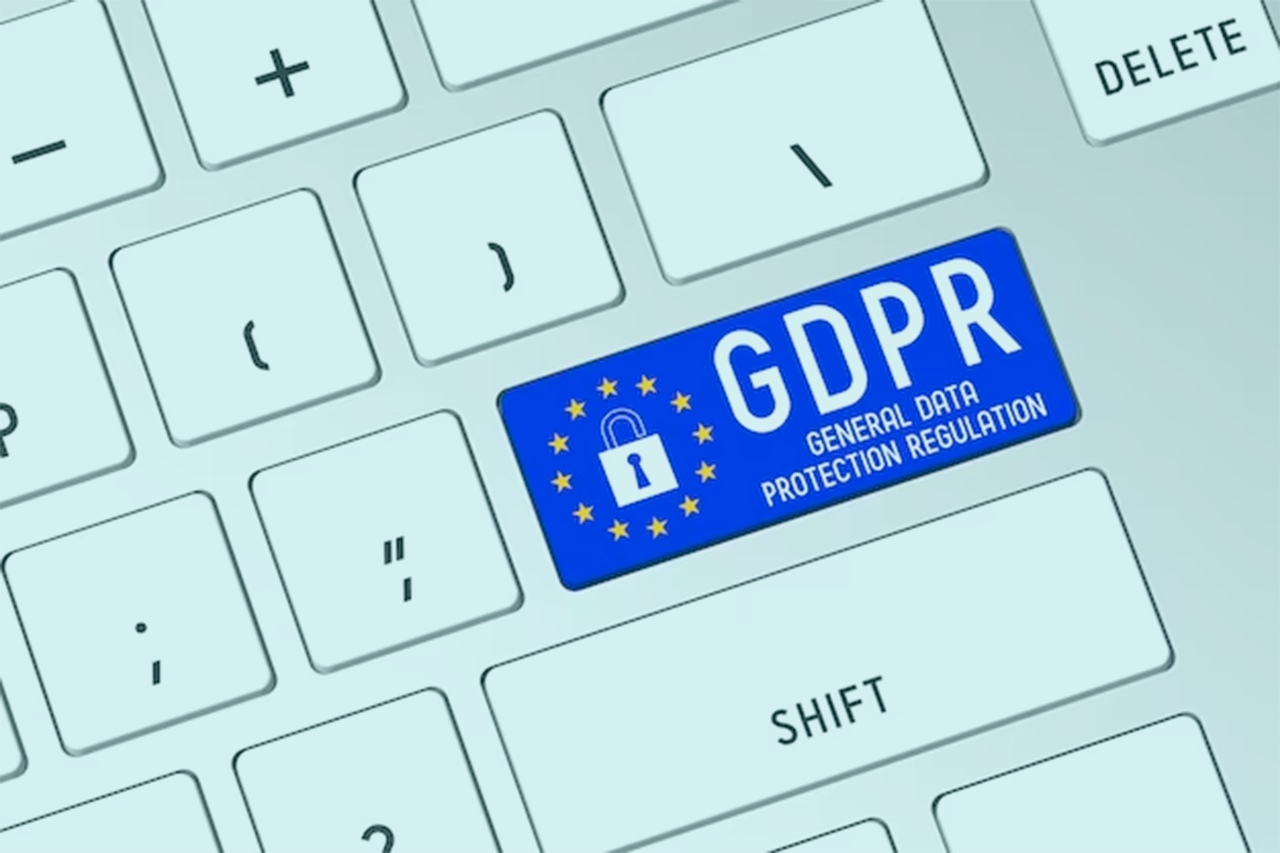In today’s digital world, email marketing is one of the most popular ways for businesses to communicate with their customers. However, with the rise of data breaches and concerns about privacy, it’s important for businesses to understand the impact of the General Data Protection Regulation (GDPR) on their email marketing practices. In this article, we’ll discuss what GDPR is and how it affects email marketing. We’ll also provide tips on how to ensure compliance with GDPR to avoid penalties.
What is GDPR?
The General Data Protection Regulation (GDPR) is a set of regulations that was introduced by the European Union (EU) in 2018 to protect the privacy and personal data of EU citizens. It applies to any business that collects or processes personal data of EU citizens, regardless of whether the business is based in the EU or not.
GDPR requires businesses to obtain explicit consent from individuals before collecting or processing their personal data. It also gives individuals the right to access their personal data and request that it be deleted. In addition, GDPR requires businesses to notify individuals within 72 hours of a data breach that has affected their personal data.
How does GDPR impact email marketing?
Email marketing involves collecting and processing personal data, such as email addresses and names, to send marketing messages to individuals. Therefore, GDPR has a significant impact on email marketing practices. Here are some key ways that GDPR affects email marketing:
- Consent: GDPR requires businesses to obtain explicit consent from individuals before collecting or processing their personal data. This means that businesses must clearly explain why they are collecting personal data and how it will be used. In the context of email marketing, businesses must obtain consent from individuals before adding them to their email list. The consent must be freely given, specific, informed, and unambiguous.
- Right to access and deletion: GDPR gives individuals the right to access their personal data and request that it be deleted. This means that businesses must provide individuals with a way to access their personal data and delete it if requested. In the context of email marketing, businesses must provide individuals with a way to unsubscribe from their email list and delete their personal data.
- Data breaches: GDPR requires businesses to notify individuals within 72 hours of a data breach that has affected their personal data. This means that businesses must have processes in place to detect, report, and investigate data breaches. In the context of email marketing, businesses must have processes in place to detect and report data breaches that affect their email list.
Tips for ensuring compliance with GDPR in email marketing
To ensure compliance with GDPR in email marketing, businesses should follow these tips:
- Obtain explicit consent: Businesses should obtain explicit consent from individuals before collecting or processing their personal data. This means that businesses should clearly explain why they are collecting personal data and how it will be used. In the context of email marketing, businesses should obtain explicit consent from individuals before adding them to their email list.
- Provide a way to unsubscribe: Businesses should provide individuals with a way to unsubscribe from their email list and delete their personal data. This means that businesses should include an unsubscribe link in every email they send and provide individuals with a way to delete their personal data.
- Implement data breach procedures: Businesses should have processes in place to detect, report, and investigate data breaches. This means that businesses should have a plan for detecting and reporting data breaches that affect their email list. They should also have procedures in place for investigating the cause of the data breach and implementing measures to prevent it from happening again in the future.
- Keep accurate records: Businesses should keep accurate records of when and how they obtained consent from individuals, as well as when and how individuals requested to unsubscribe or delete their personal data. This is important for demonstrating compliance with GDPR in the event of an audit or investigation.
- Work with reputable email marketing providers: Businesses should work with reputable email marketing providers who are also GDPR compliant. This means that the email marketing provider should have processes in place to ensure that they are collecting and processing personal data in compliance with GDPR.
GDPR in Email Marketing: How to Ensure Compliance and Avoid Penalties with Examples of Companies that Broke GDPR
- Google: In January 2019, Google was fined €50 million ($57 million) by the French data protection authority for not providing transparent and easily accessible information about its data processing activities to users. The authority found that Google’s consent mechanisms were not valid, as users were not sufficiently informed about how their data would be used.
- British Airways: In July 2019, British Airways was fined £183 million ($229 million) by the UK Information Commissioner’s Office (ICO) for a data breach that occurred in 2018. The breach affected the personal data of around 500,000 customers, including their names, addresses, and payment card details. The ICO found that British Airways had failed to implement appropriate security measures to protect customer data.
- Marriott International: In July 2019, Marriott International was fined £99 million ($123 million) by the ICO for a data breach that occurred in 2014, but was only discovered in 2018. The breach affected the personal data of around 339 million guests, including their names, addresses, and payment card details. The ICO found that Marriott had failed to implement appropriate security measures to protect guest data.
- H&M: In October 2020, H&M was fined €35.3 million ($41 million) by the German data protection authority for unlawfully collecting and storing personal data about its employees. The authority found that H&M had been conducting “extensive” and “systematic” surveillance of its employees, including recording their private lives and storing the data in a system accessible to managers.
These examples demonstrate the serious consequences that can result from non-compliance with GDPR. Businesses that fail to comply with GDPR can face significant fines, reputational damage, and loss of customer trust. It’s therefore important for businesses to take GDPR seriously and ensure that they are complying with its requirements.
Conclusions
In conclusion, GDPR has a significant impact on email marketing practices. Businesses must obtain explicit consent from individuals before collecting or processing their personal data, provide a way for individuals to access and delete their personal data, and have procedures in place for detecting and reporting data breaches. To ensure compliance with GDPR, businesses should work with reputable email marketing providers, keep accurate records, and follow the tips outlined in this article. By doing so, businesses can avoid hefty penalties and maintain the trust of their customers.

